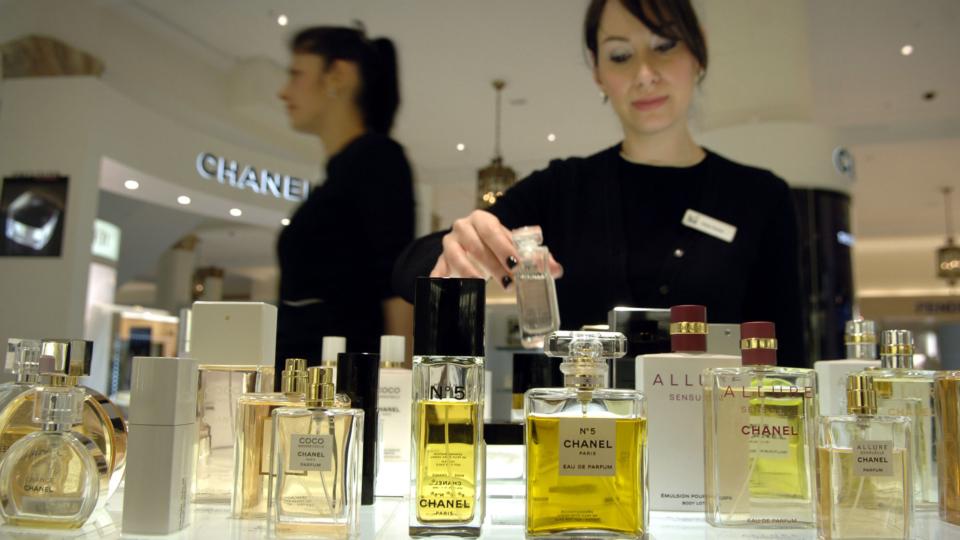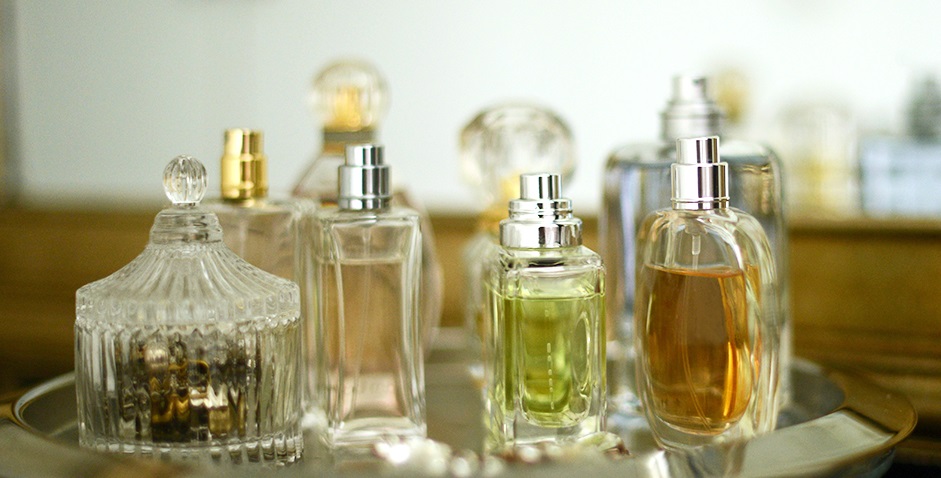We receive compliments and complaints from users using specific fragrances every few months. These users note that the perfume they purchased smells a bit different.
You’re not alone if you’ve ever purchased a new container of your preferred perfume, only to be shocked by how different it may smell. Numerous factors could be at play if it smells different.
Some scent differences are warning signs that you may want to exchange the item immediately. Others may indicate that the manufacturer has discontinued the scent in question or even undergone a reformulation. Continue reading to learn how to sort things out and why smells fluctuate.
It is an Eau de cologne, Eau de toilette, or Eau de Parfum. (each option has a different smell)
Most people have yet to learn about this. EDC, EDT and EDP have different smells and different concentrations of perfume density. In addition to having a different concentration than a typical Eau de perfume, an EDT or “pure perfume” may also contain other fragrances. Famously, the formulations of some Hermès scents alter between their EDP and EDT versions, so if you tried a lighter or more intense variation of your fragrance, you might have ended up with a completely different one. Please read our guide to scent concentration to find out more.

Your perfume has undergone a reformulation.
One of the best-kept secrets in the fragrance industry is this: every ten years or so, most long-lasting fragrances—even timeless ones like Chanel No. 5 or Chanel Bleu De Chanel EDT got reformulated. A different formulation means the perfume smells different. Therefore, if there was something special about the 2017 version of your perfume that you didn’t like about the 2000–2010 version, this might be it. Unfortunately, if you can’t come to appreciate the new formula, you may want to ask a perfume expert to find you an older version of the perfume you want. In some cases, they can source it for you.
Were you using a clone perfume before?
Some users of perfume have noted that their perfume smells different. This is because they have used a clone fragrance for years and recently purchased the original perfume. But why does the clone perfume smells somewhat different. Experts note that this is because the clone is not the original; thus, the fragrance you purchase smells different. Clones to use cheaper ingredients and higher alcohol levels to keep the price down.

You purchased perfume in a different nation or region.
The smell of the same fragrance can vary depending on where it was made. For example, experts noted that when Chanel Number 5 is produced in the United States, grain alcohol is used, as opposed to grape-based alcohol in France and Europe, which results in a somewhat sweeter product.
Different regions of the world sell the same fragrances but they dont smell the same. However, you would have to visit a duty-free shop the following time you’re travelling to that region if you want your same fragrance back. If you purchased your previous bottle in Qatar or China, we would advise that if you visit those areas again, you should buy it as from there. It is doubtful that the European or US version of the perfume will be the same.
The fragrance is a parallel import perfume.
Parallel import fragrances are referred to as grey market products or goods. Parallel imports are not fake or false goods. These fragrances were purchased from famous perfume brands in bulk and at a lower cost. Typically these perfumes are purchased in countries like UAE, Bahrain or Belgium.
Because the perfume was bought in another country, companies like Gucci, Versace, and brands will only honour a guarantee in their place of origin. If the product is moved, the warranty will fall away.
Since Parallel import perfumes originated from other countries, there is a slight change that the fragrance may differ in smell and texture.
Your body scent or the area you live in is not the same anymore.
How you experience scents can be affected by changes in pressure/elevation, temperature, humidity (due to changes in season or travel), nutrition, sleep patterns, location, work environment, age, and the body’s pH level. In addition, the smell of perfume can be influenced by your mood and level of fatigue!
The perfumes and your distinctive body odour interact chemically. This changes the aroma of the perfume. A person’s food, lifestyle, and oil secretion are all elements that affect their natural body odour.
There are countless sebaceous glands in your body. Several of these are primarily focused on the upper body. Fluids holding fatty acids, including ceramides, cholesterol, and cholesterol esters, are secreted by these glands. They are in charge of safeguarding and maintaining the feel of your skin.
These substances that are released by our skin interact with the chemicals in perfumes. Consequently, the scents that vaporise from the body differ from those that the perfume specialist created.

The smell of a perfume can be significantly impacted by sunlight, heat, and time.
Most perfumes can be kept for five years before they go off. After that, perfumes must be kept dry, dark, and cool (please avoid freezing temperatures). The scent might change in the heat and sunlight. The smell has expired if any brown thickening is visible. But hold off throwing away those perfumes until you recognise a difference in their scents. Recognises that because our perception of smell varies as we age, the scent of the perfume may change over time depending on your sense of smell.
Your scent may be impacted by the clothes you wear.
Without a signature aroma, you’re never truly clothed, but did you know that the scent of your perfume can be affected by the items you’re wearing? Clothing may absorb perfume molecules, which leave you with a subtle, lingering aroma, depending on the fabric. For example, materials like cotton and linen typically absorb less perfume, leaving you with a more lasting scent. On the other hand, synthetic textiles like nylon and polyester tend to absorb more molecules, so if you want a strong aroma, stick with natural materials.
So what now?
The most effective technique to determine “why the perfume smells different” is to conduct a product comparison test. The most effective method for comparing scent products is through blind evaluation. Take the perfume container to a store and spray some on neutral paper. Compare two identical scents. Ask two to three individuals to help you. Remember that an EDT scent lasts 3 to 4 hours, and an EDP perfume lasts 6 to 8 hours.
All of the perfumes sold by ScentForMe are real and 100% unique. We source our perfumes, fragrances, colognes, aftershaves, eau de toilettes, and eau de perfume from suppliers in South Africa, the United Kingdom and United Arab Emirates. We also source hard-to-find perfume brands from private sellers.
We provide a service to determine whether a perfume is defective before the buyer chooses between a refund and an exchange. If a fragrance is discovered not to be defective, a courier fee multiplied by two and a 20% extra will be assessed. Our complete replacement and refund policy is available here.

